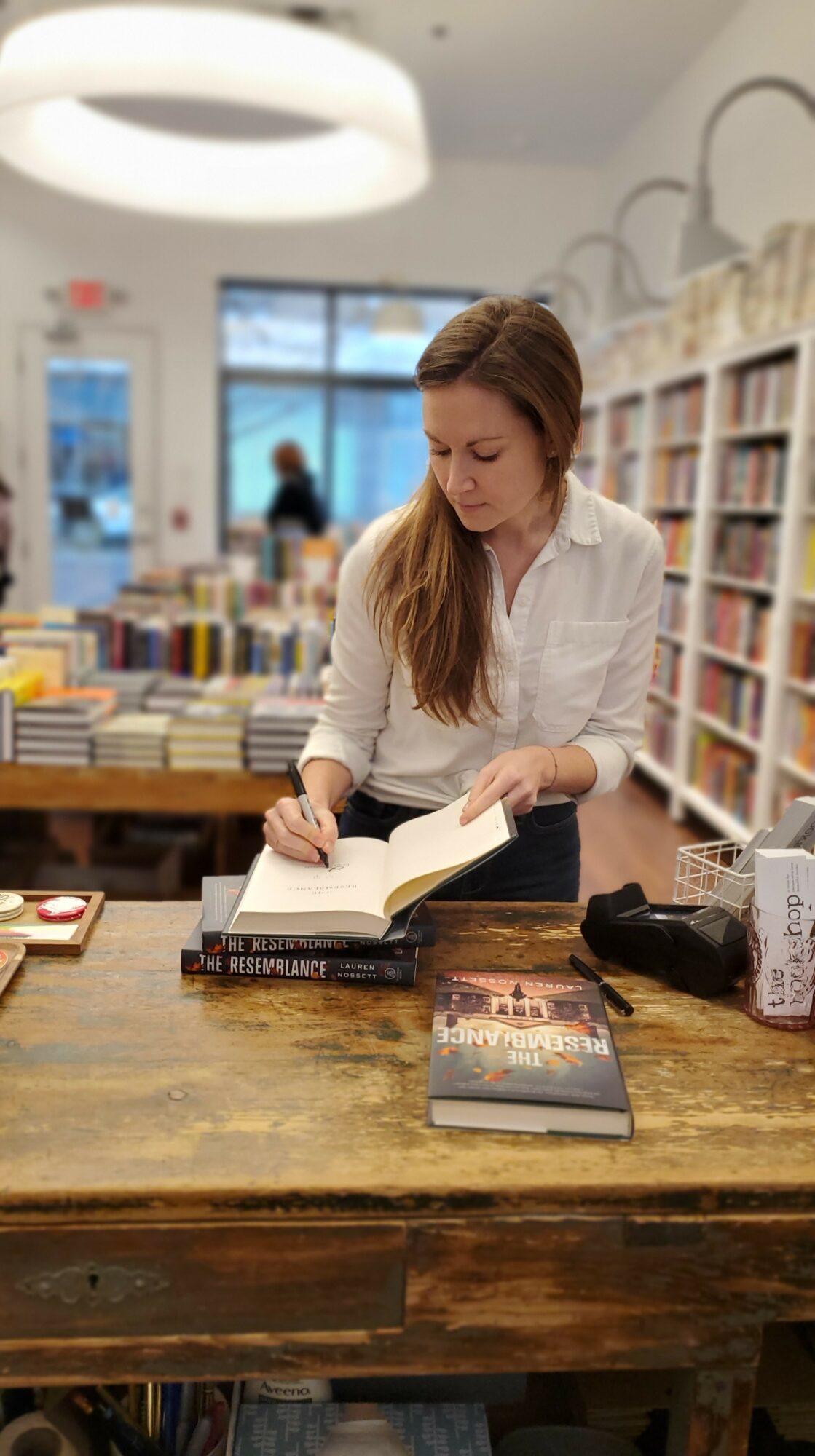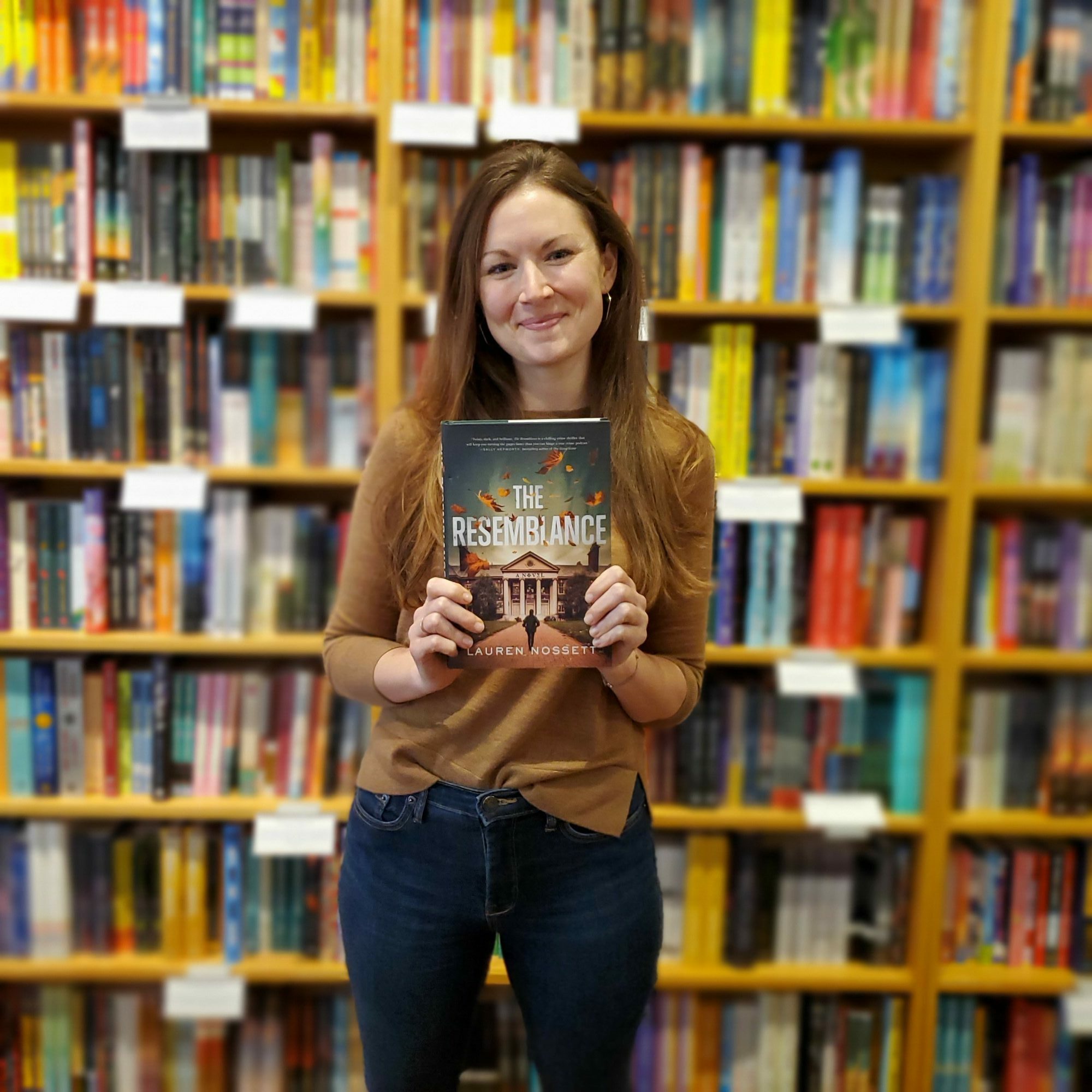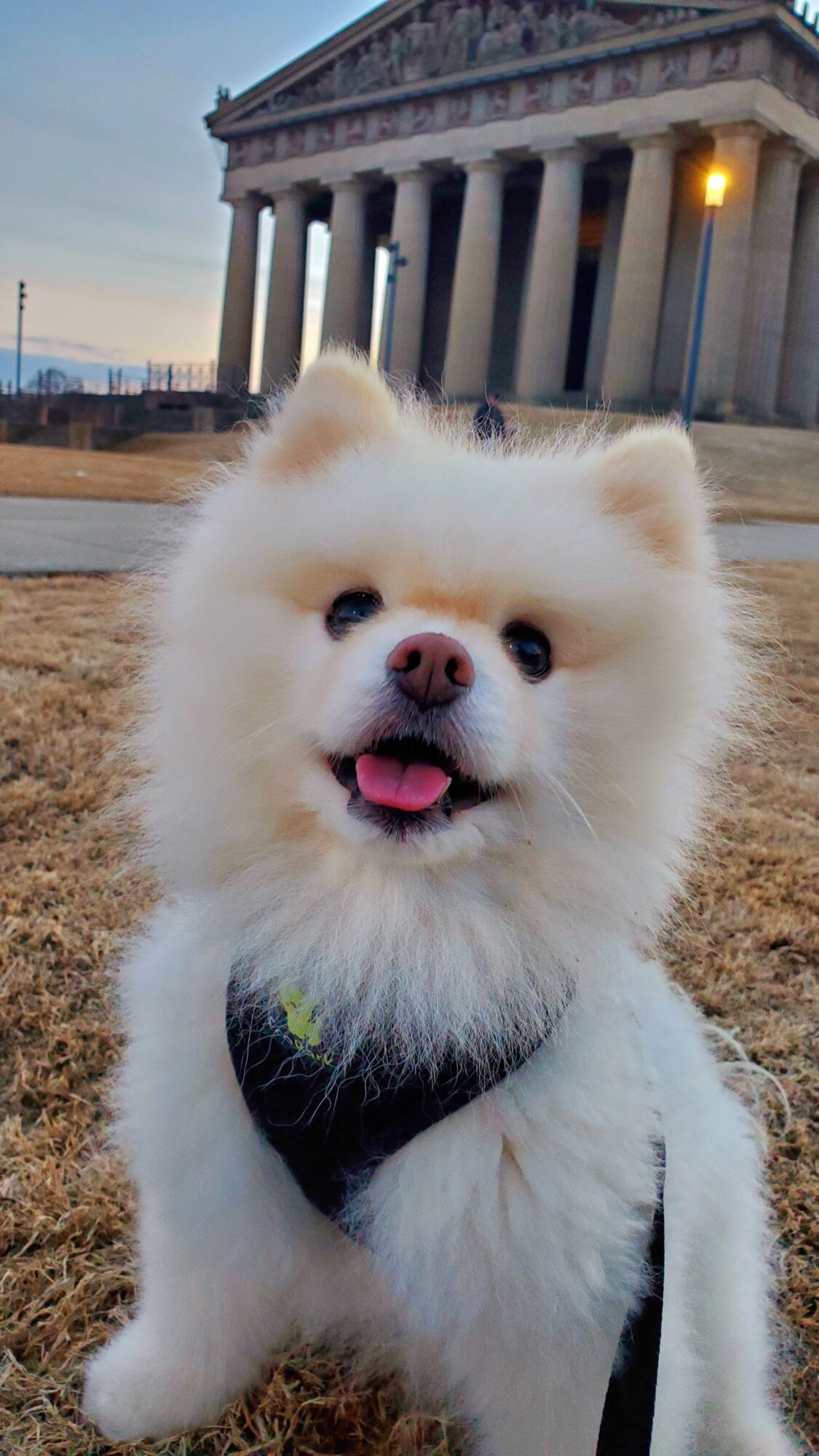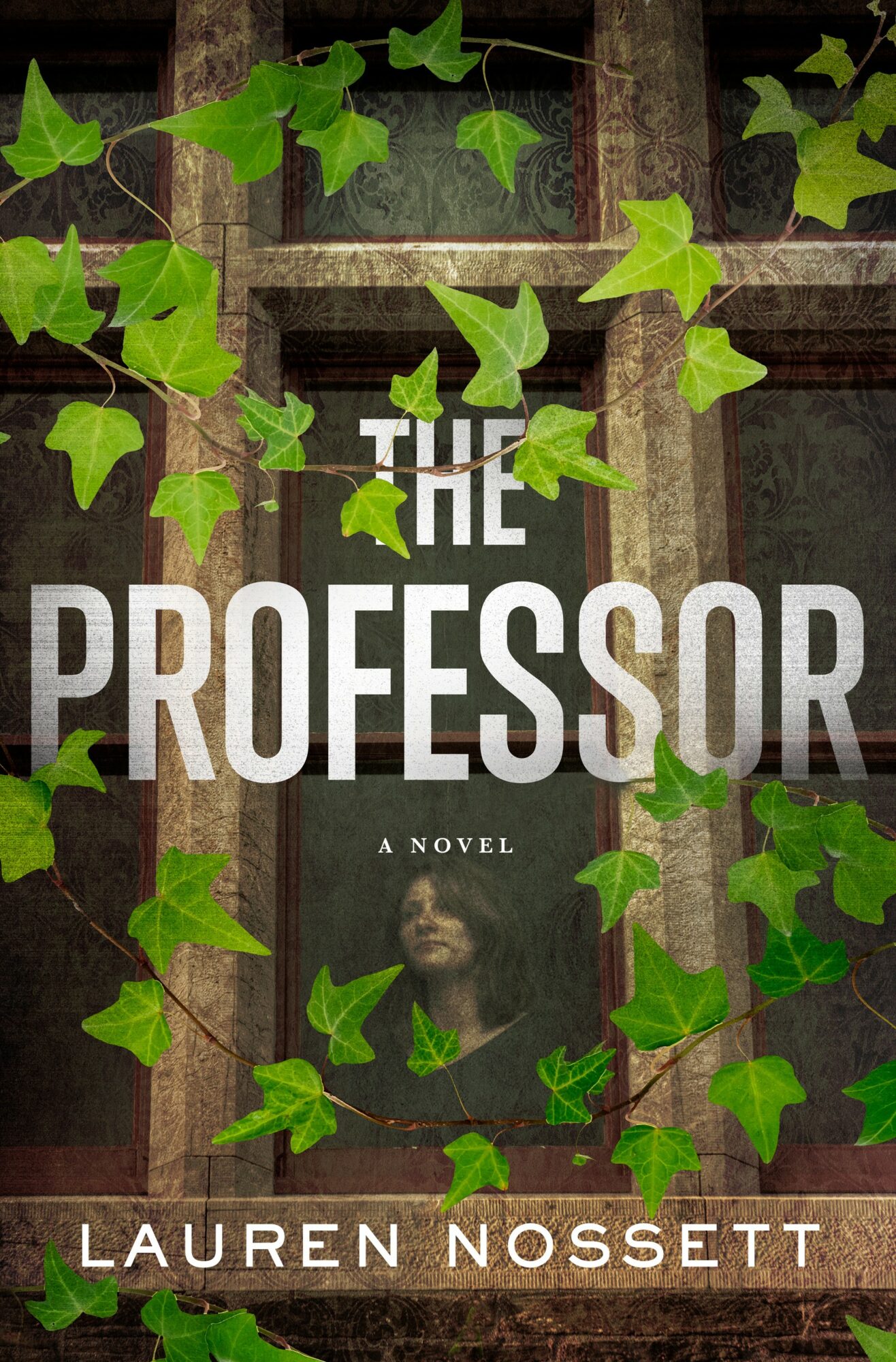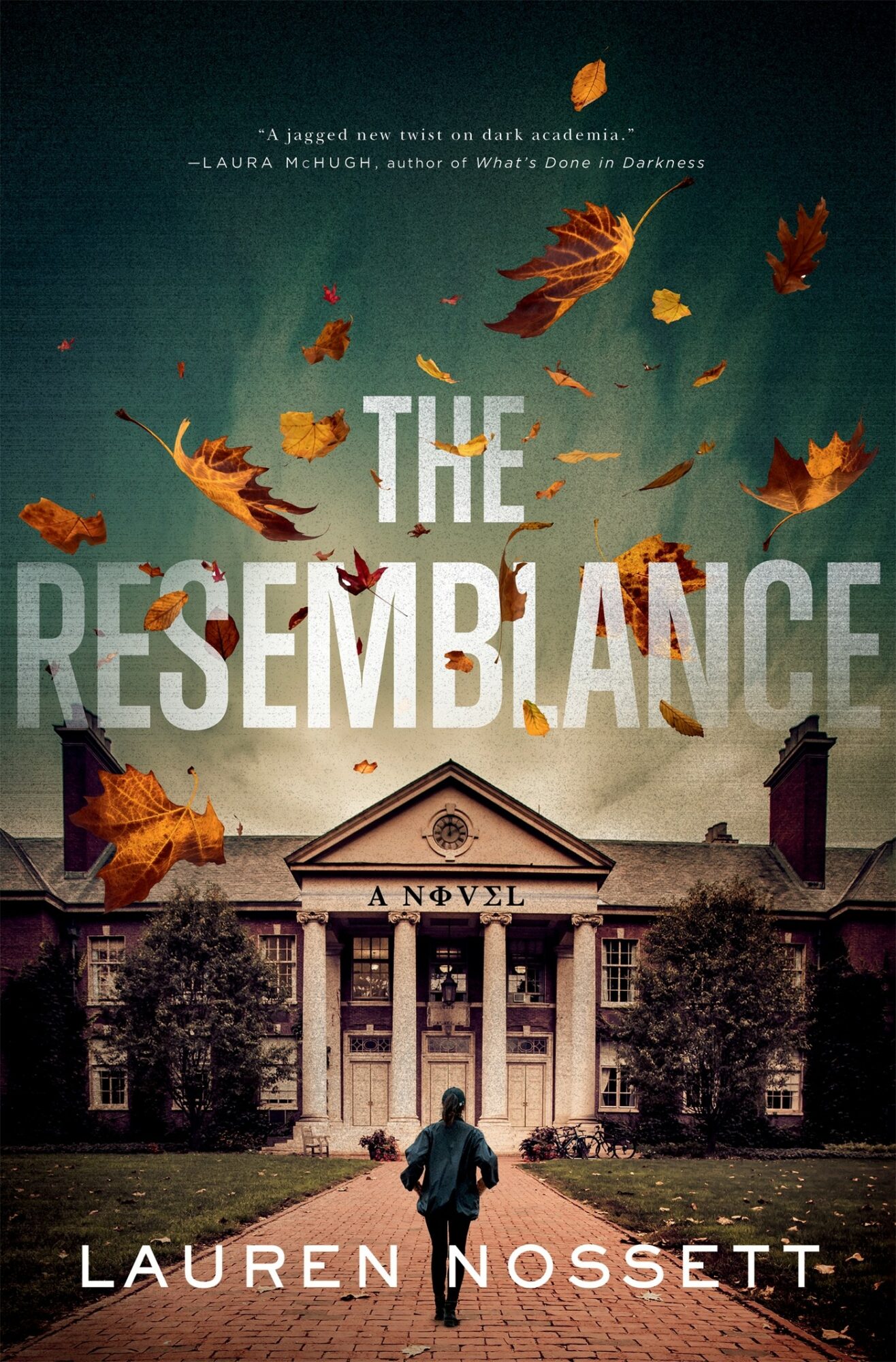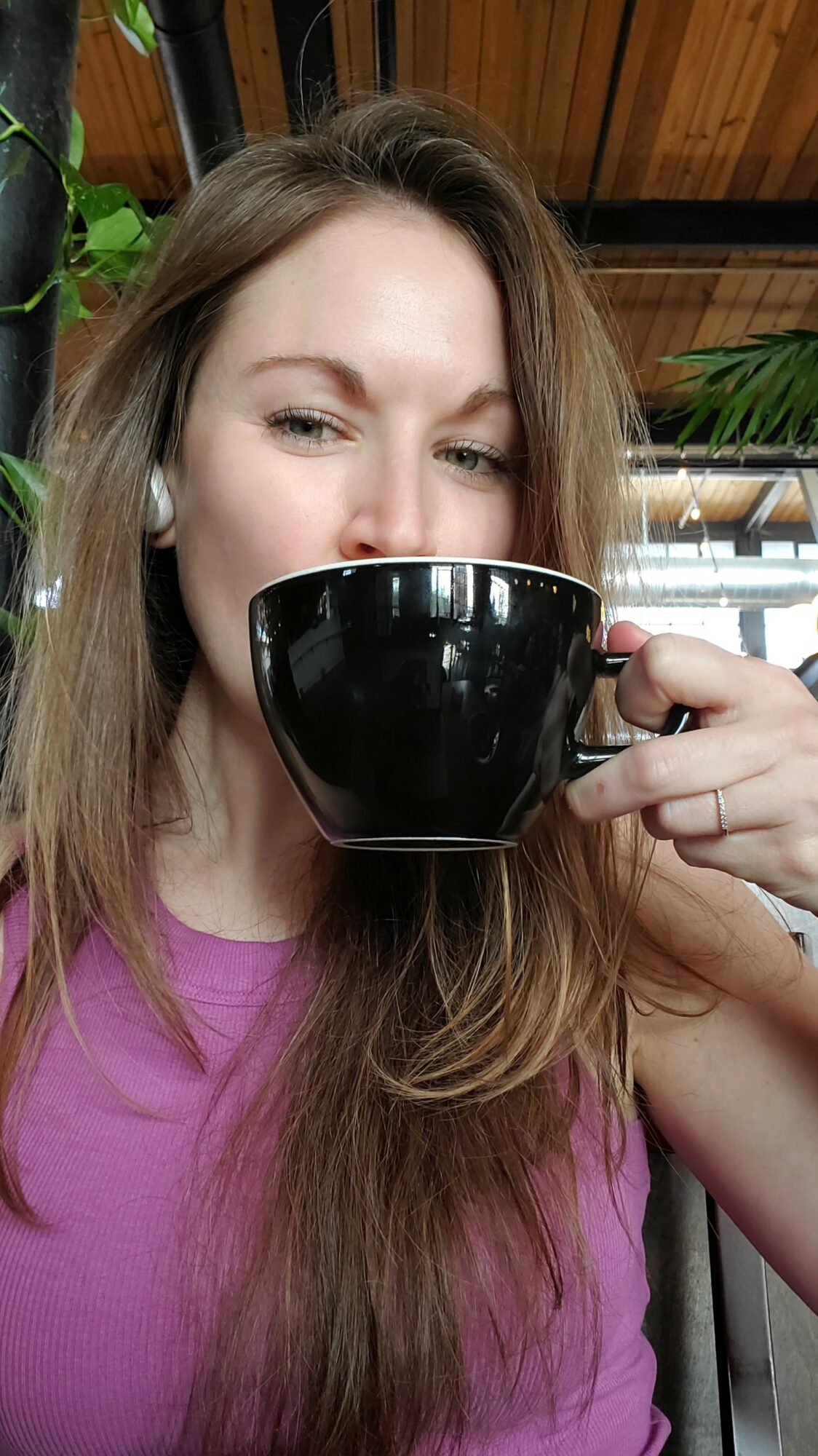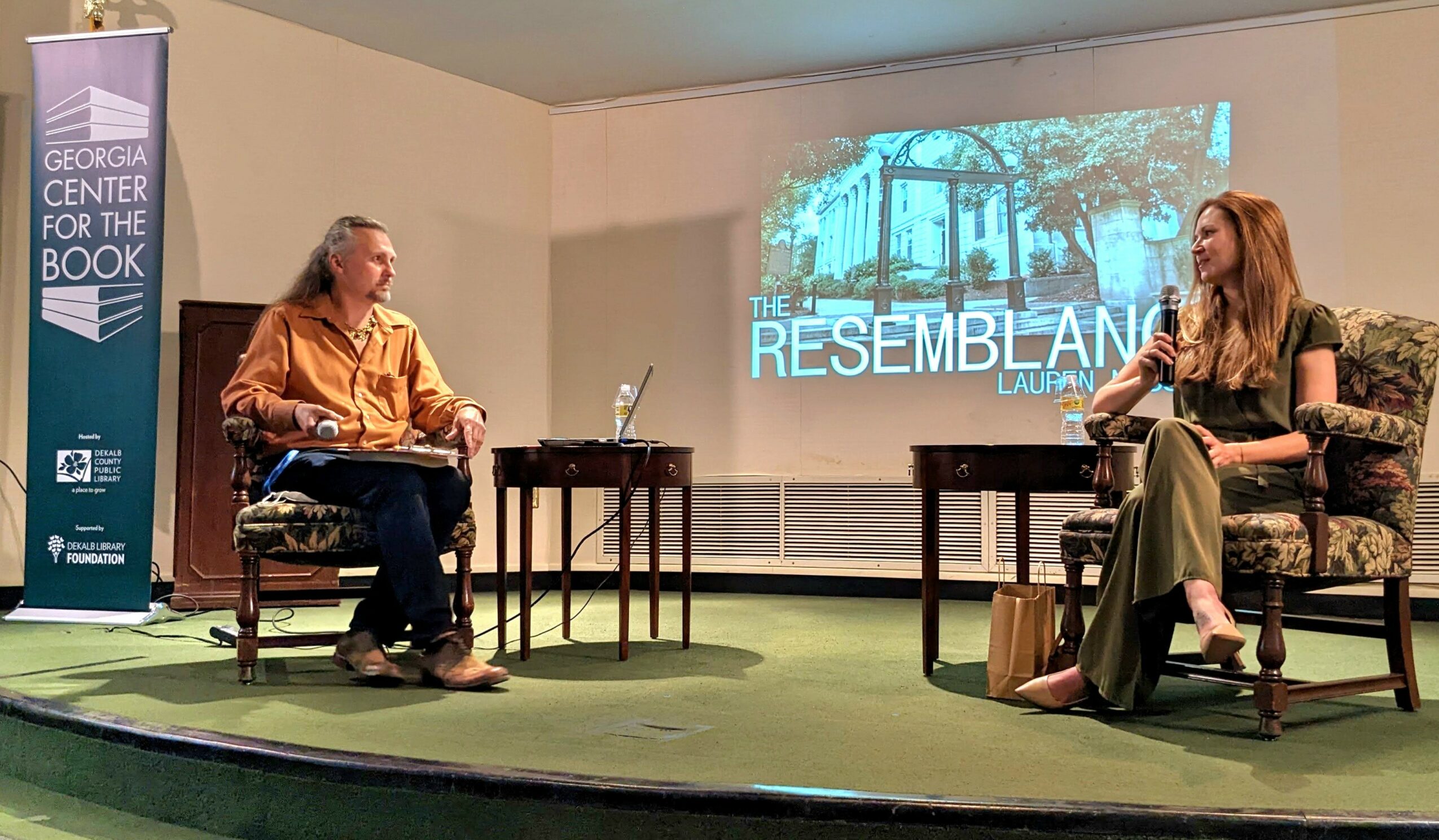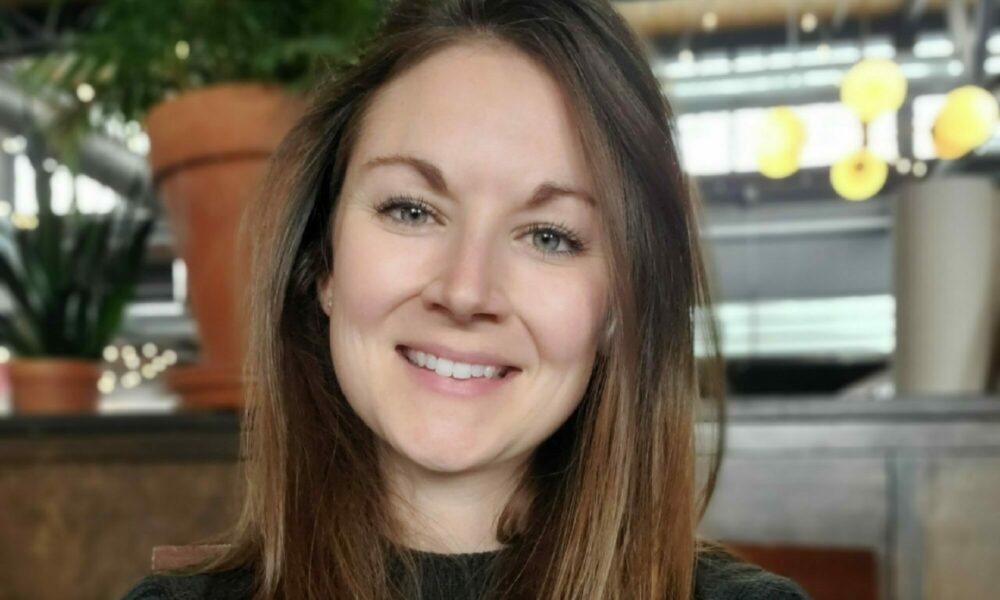

Today we’d like to introduce you to Lauren Nossett.
Hi Lauren, so excited to have you on the platform. So before we get into questions about your work life, maybe you can bring our readers up to speed on your story and how you got to where you are today.
Like so many writers, my journey started as a reader. As a child, I loved to read and would sequester myself away for hours with a good book, dreaming of worlds hidden behind wardrobes, adventures traveling throughout history, or intergalactic battles fought in the sky.
Ultimately this love for the written word led me to study comparative literature in college and then German literature in graduate school. From there, I went on to teach language and literature classes as a professor. The whole time, I was writing fiction on the side, but it wasn’t until the summer of 2019 that I began to take my creative writing seriously.
We all face challenges, but looking back would you describe it as a relatively smooth road?
I suppose the biggest professional struggle was believing in my writing enough to leave academia. As a professor, I was accustomed to using weekends and the summer months for writing, but this time was devoted to my academic research and scholarly projects: writing articles, conference papers, and course proposals. Making the decision to allocate that writing time to my novel and saying “no” to new scholarly projects meant deciding I would no longer be pursuing an academic career—a frightening prospect after devoting over fifteen years to higher education!
It was a leap of faith for another reason, too. My debut novel, The Resemblance, was my first novel to be published, but the seventh I had written. I feel like that deserves repeating for all the other writers out there: I wrote seven novels before I got a book deal. For many of the previous six, I had queried agents, heard “no,” and put them aside. But I kept writing. Looking back, I’m not sure what made me certain that The Resemblance was “the one,” but giving myself time and space to work on the novel and treating my creative writing as a job rather than a hobby allowed me to take the book to a level I hadn’t been able to reach with the others.
On a personal level, my husband died in the fall of 2021. His death was sudden and devastating, and I wasn’t sure whether I’d be able to write again, especially since my novels are mysteries, meaning they often begin with death—something that previously had felt very distant but became a painful and intimate part of my daily reality.
But just like we read to find echoes of our own experiences articulated by others, we write to understand the world and all the beautiful and painful things that make us human. Writing allows us to reflect on the impermanence and chaos of our staggeringly short time beneath the sun. And now that I’m writing again, I’ve found that I have a new purpose and am grateful for the writing and creative community in Nashville.
As you know, we’re big fans of you and your work. For our readers who might not be as familiar what can you tell them about what you do?
I began as a literature professor and now write crime fiction. In the world of literature, genre fiction often has a bad reputation; and so, for some, this may seem like a strange transition. But what drew me to the written word and analysis—the belief that literature not only reflects our human experience but also can be an impetus for social reckoning and change—applies to crime fiction as well as literary fiction. Some of my favorite books are thrillers that investigate contemporary social issues like Liz Moore’s Long Bright River (2020) with its focus on the opioid crisis and S.A. Crosby’s Razorblade Tears (2021) for its visceral examination of racism, homophobia, and transphobia.
My debut novel, The Resemblance, and my forthcoming novel, The Professor, are both campus thrillers that examine the dark corners of academic life—lies, obsession, and ambition—and consider the power structures ingrained in our society that enable the bad behavior of its well-connected members while failing its most vulnerable. With my background, it’s probably no surprise that I chose the university as a setting, but where my books differ from the traditional dark academia genre is that they take place at a large southern university rather than at a northeastern liberal arts college, “Oxbridge,” or Ivy League institution.
I currently write full time, which means that most days, I wake up, stretch, take my dog Bowie for a walk–sometimes around Centennial Park and the Parthenon–and then sit at my desk to write. By lunch, I often find myself in need of human interaction and will change locations to a coffee shop (we’re spoiled in Nashville with so many amazing coffee shops to choose from!), and from there, I will edit, answer emails, and finish any other administrative tasks that would otherwise take away from my morning writing hours.
The general writing advice for authors is to write 1,000 words a day, but this has never really worked for me. At the beginning of a project, I might write anywhere from 2,000 to 6,000 words, but as the project continues and I am revising and editing, sometimes I find myself deleting more words than I’m actually writing. So instead, my rule is that I have to “touch” my writing in some way each day. This keeps my current project—all those characters and storylines—fresh in my head, but also allows me to do what I need to do, whether that’s writing, rewriting, outlining, or deleting everything I’ve just written!
I also find it helps to be working on multiple projects at once. As a writer, you never have the experience of reading your manuscript for the first time, but switching back and forth between drafts is the closest I can get to reading it with “fresh eyes.”
What do you think about luck?
One of my goals in moving to Nashville was to find and cultivate a creative community, and I would say this is both a source of luck and pride for me.
I’ve started a book club, attended writing workshops, cheered on friends at songwriter rounds and applauded them at open mics, and am currently hosting a weekly vegan supper club, which is as much to bring people together, as it is to try out new recipes and finetune my cooking skills.
I feel incredibly fortunate to have met kind and interesting people, who are excited about trying new things, collaborating, and, yes, eating my vegan cooking!
Contact Info:
- Website: www.laurennossett.com
- Instagram: https://www.
instagram.com/ readingwithbowie/
